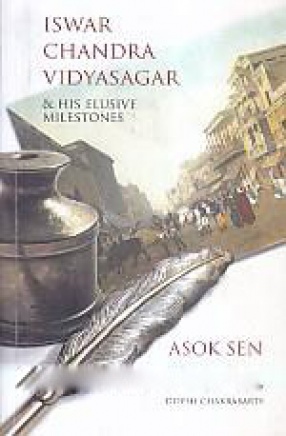
Dipesh Chakrabarty

Showing all 7 books

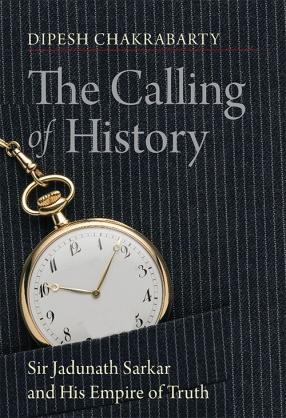
A leading scholar in early-twentieth-century India, Sir Jadunath Sarkar (1870-1958) was knighted in 1929 and became the first Indian historian to gain honorary membership in the American Historical Association. By the end of his lifetime, however, he had been marginalized by the Indian history establishment, as postcolonial historians embraced alternative approaches in the name of democracy and anti-colonialism. The Calling of History examines Sarkar’s ...
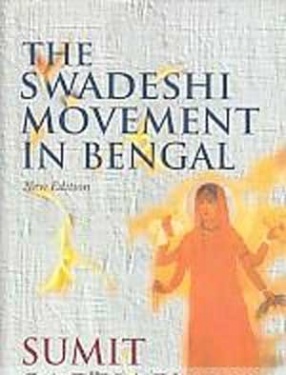

Habitations of Modernity explores the complexities of modernism in India. The questions that motivate Dipesh Chakrabarty are shared by all post-colonial historians and anthropologists: how do we think about the legacy of the European enlightenment in lands far from Europe in geography or history? How can we envision ways of being modern that speak to what is shared around the world, as well as to cultural diversity? Chakrabarty pursues issues such as these in a ...
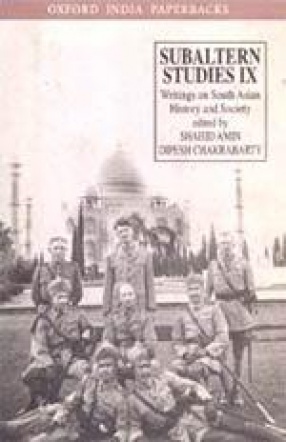
Ranajit Guha’s opening essay meticulously constructs new pathways in recovering the subalterns of history. Ajay Skaria documents the ambivalent relationship of a forest people with colonial masters. Shail Mayaram takes a disturbingly close look at the nature and memory of genocidal Partition violence directed against the Meos. Kamala Visweswaran deconstructs the category ‘woman’ as deployed in nationalist discourse. Gyan Prakash analyses the ways in which ...

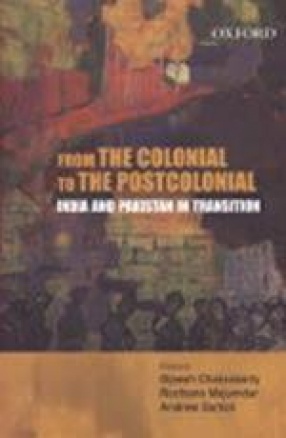
The need to extend historical scholarship to the postcolonial phase of South Asian societies is increasingly being recognized by academics in different parts of the world. From the Colonial to the Postcolonial addresses this key concern by outlining the historical complexities involved in nations born under the aegis of colonial rule evolving into postcolonial polities. It explores aspects of social and political processes accompanying the transition from ...
